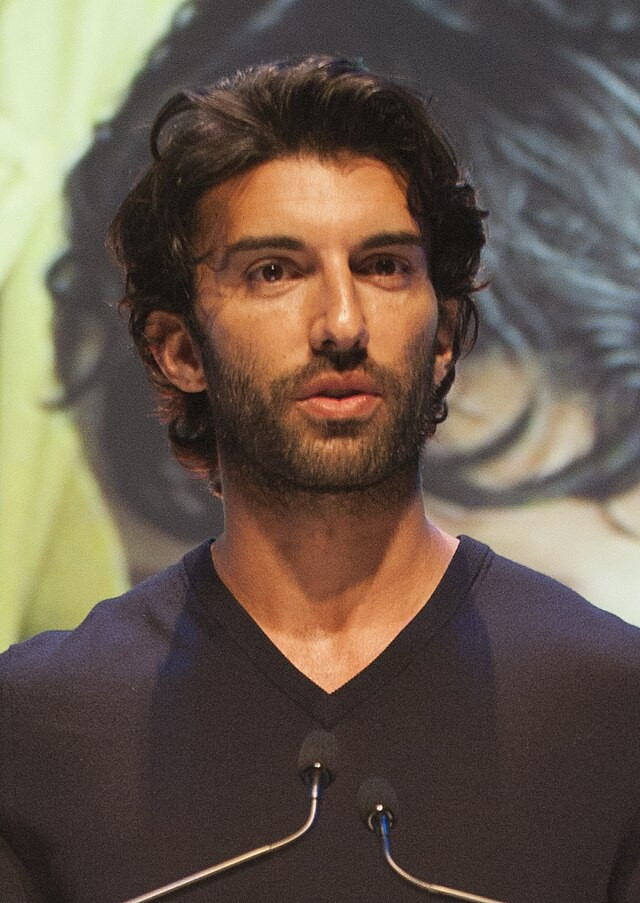Justin Baldoni has filed a $250 million lawsuit against The New York Times, alleging defamation and other claims stemming from a December article that reported on accusations of sexual harassment and a smear campaign against his It Ends With Us co-star Blake Lively. Filed on December 31, Baldoni's lawsuit also includes nine other plaintiffs, among them Wayfarer Studios, producers Jamey Heath and Steve Sarowitz, and publicists Melissa Nathan and Jennifer Abel.
The complaint accuses the Times of "cherry-picking" and misrepresenting evidence, alleging that the article, titled "We Can Bury Anyone: Inside a Hollywood Smear Machine," was based on "altered communications" taken out of context to support a "categorically false" narrative.
"The article's central thesis, encapsulated in a defamatory headline designed to immediately mislead the reader, is that plaintiffs orchestrated a retaliatory public relations campaign against Lively for speaking out about sexual harassment-a premise that is categorically false and easily disproven," the lawsuit reads.
Baldoni's legal team, led by attorney Bryan Freedman, has labeled the Times' reporting as a "vicious smear campaign fully orchestrated by Blake Lively and her team." Freedman contended in a statement: "The New York Times cowered to the wants and whims of two powerful 'untouchable' Hollywood elites, disregarding journalistic practices and ethics... This lawsuit will expose the full truth."
The Times has stood by its reporting, asserting that the article was "meticulously and responsibly reported" and based on "thousands of pages of original documents, including the text messages and emails that we quote accurately and at length." The publication's spokesperson said it plans to "vigorously defend against the lawsuit."
Central to Baldoni's lawsuit is a rebuttal of claims from Lively's California Civil Rights Department complaint, which accused him of sexually harassing her and orchestrating a smear campaign. Lively alleged that Baldoni repeatedly entered her makeup trailer uninvited, showed her explicit videos, and attempted to manipulate media narratives to harm her reputation.
The lawsuit refutes these allegations, citing text messages that Baldoni claims show mutual consent and professional exchanges. For instance, the Times article reported that Baldoni entered Lively's trailer while she was breastfeeding. However, the lawsuit includes a text from Lively stating, "I'm just pumping in my trailer if you wanna work out our lines." Baldoni responded, "Copy. Eating with crew and will head that way."
Further, the lawsuit challenges claims that Baldoni showed Lively a pornographic video, asserting that the video in question depicted a personal, non-sexual recording of a home birth. "To distort this benign event into an act of sexual misconduct is outrageous," the complaint states.
Lively has maintained her stance, stating, "I hope that my legal action helps pull back the curtain on these sinister retaliatory tactics to harm people who speak up about misconduct and helps protect others who may be targeted."
The legal battle also highlights alleged media manipulation. Lively's team has accused Baldoni's associates of leaking false narratives, while Baldoni's lawsuit suggests Lively used the allegations to assert control over the film's production.
The Times article noted that Lively filed a workplace harassment complaint with detailed demands, including the presence of an intimacy coordinator and a prohibition on discussing genitalia among cast and crew. Baldoni's lawsuit contends that no such complaint was ever formally filed.





